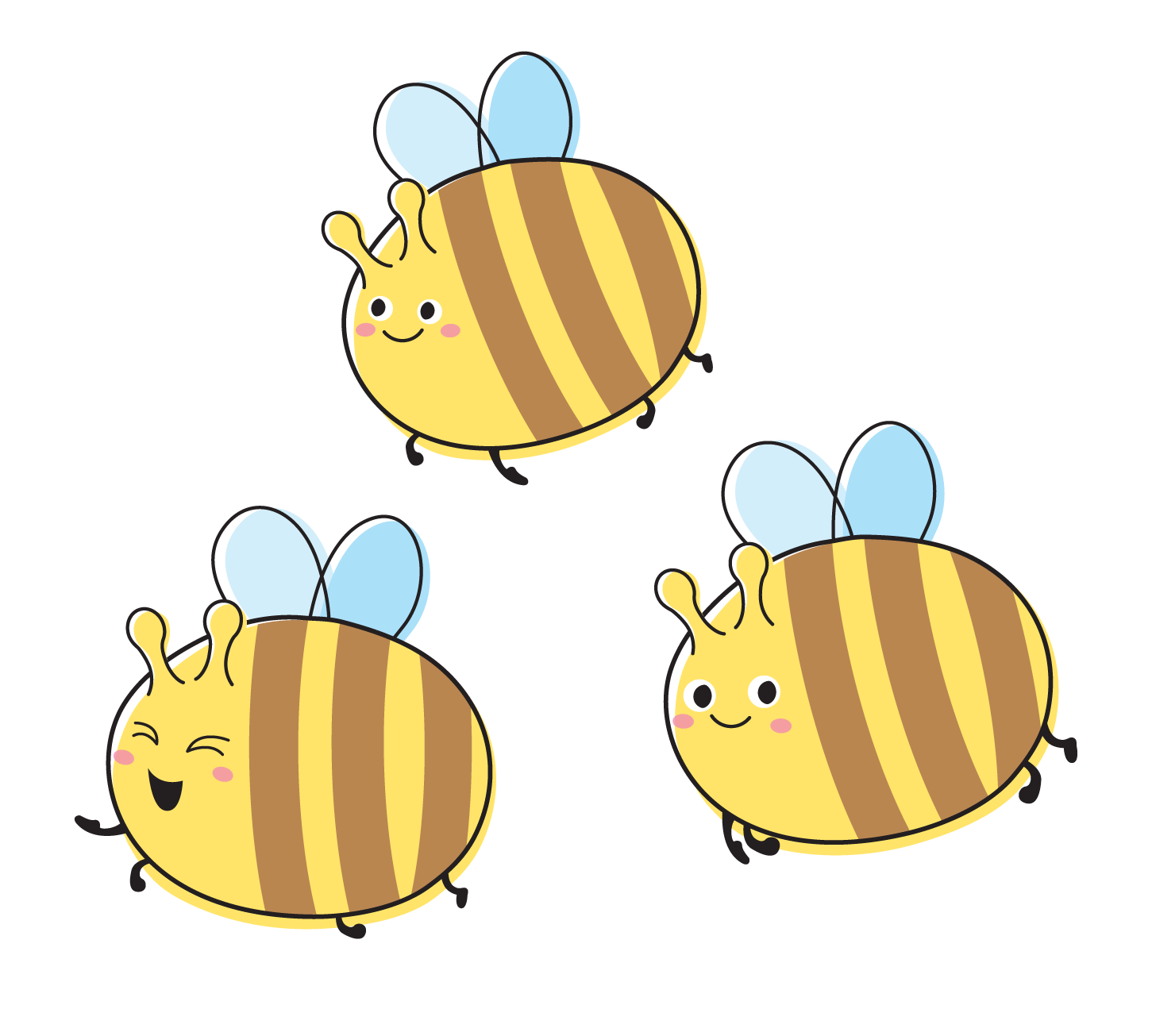The Role of Play and Safe Spaces in Babies' and Toddlers' Cognitive Development
A: Play serves as a dynamic platform for babies and toddlers to explore, learn, and develop essential cognitive skills. It promotes brain development, language and communication abilities, emotional and social growth, as well as motor skills and spatial awareness.
A:
Play provides opportunities for meaningful interactions, allowing babies and toddlers to practice communication skills, expand their vocabulary, and learn social nuances. Pretend play and engaging with others in play scenarios help children develop language proficiency by using words in context and engaging in dialogue.
A:Play allows children to express and regulate their emotions, develop empathy, and practice cooperation. By engaging in play scenarios with dolls or peers, children understand and express their emotions, learn to share, take turns, and negotiate, fostering social skills and emotional intelligence.
A:Different types of play, such as active play and manipulative play, help babies and toddlers develop both fine and gross motor skills. Through physical activities and exploration, children enhance their coordination, balance, and spatial awareness, which are crucial for their overall motor development.
A: Safe play spaces protect children from potential hazards, allowing them to explore and engage with confidence. Physical safety measures, such as baby gates and childproofing techniques, minimize risks, ensuring an environment that promotes optimal cognitive development.
A:Within a safe play space, children can freely explore their surroundings and exercise their natural curiosity. This freedom fosters a sense of autonomy, independent thinking, and problem-solving, as they have the opportunity to choose activities, follow their interests, and make discoveries.
A:Safe play spaces minimize distractions, creating a conducive environment for focused play. When children feel secure and undisturbed, they can concentrate on their activities, leading to deeper engagement and enhanced cognitive development.
A:Safe play spaces help establish clear boundaries and structure, teaching children about limits and rules. Understanding boundaries promotes self-regulation and a sense of order, which are vital aspects of cognitive development. Consistent limits and age-appropriate rules within the play space help children understand expectations and develop self-control.
A:
Safe play spaces can incorporate various sensory experiences, stimulating children’s senses and promoting cognitive development. By offering a range of textures, sounds, colors, and scents, children engage multiple senses, supporting the development of neural connections in their brains.
A:Actively participating in play sessions with your child fosters cognitive development and strengthens the parent-child bond. Engaging in interactive play, providing guidance, and encouraging curiosity enhance the cognitive stimulation provided by the safe play space. Your presence creates a nurturing and secure environment for your child.



